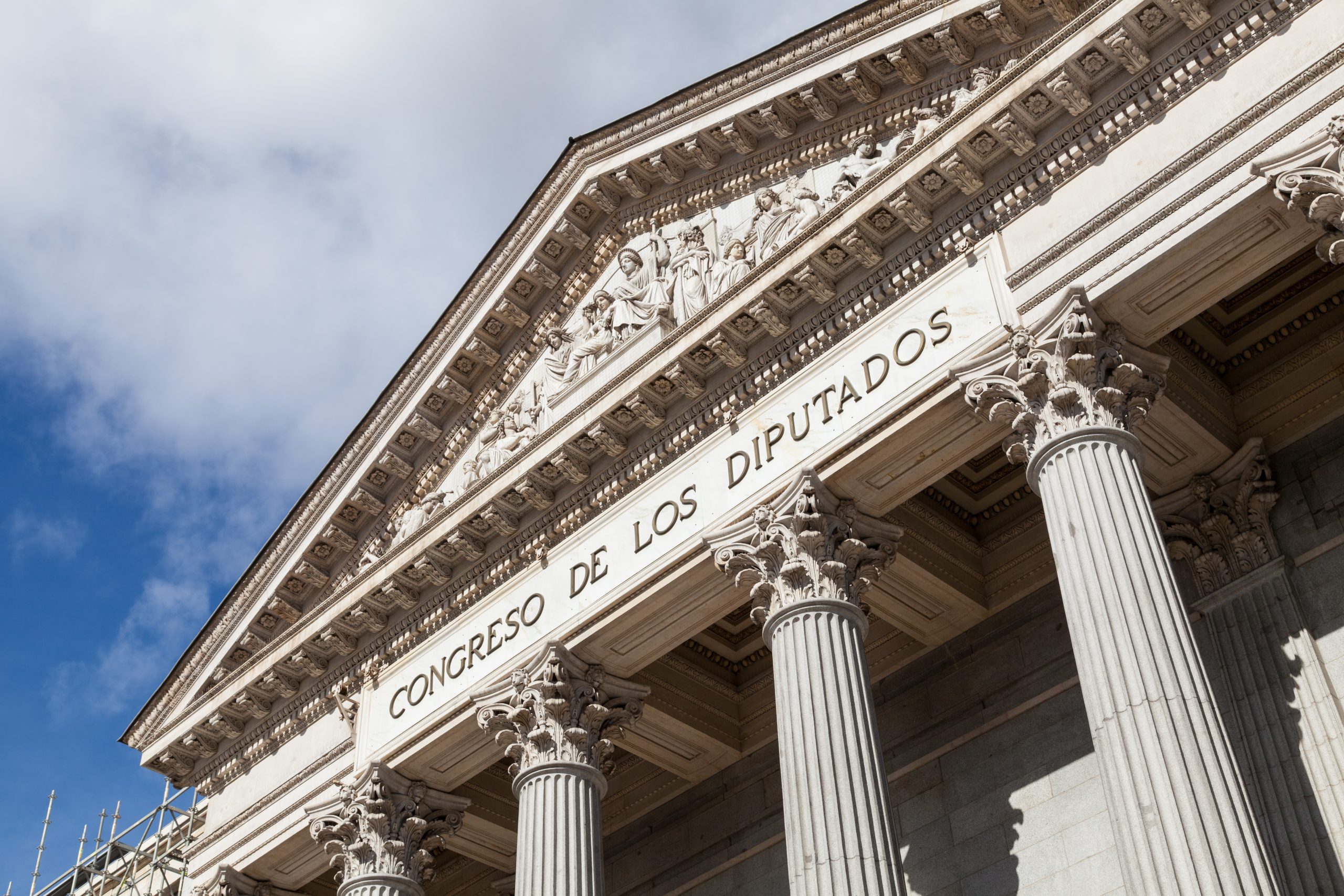MADRID – As the state of alarm ends on May 9th, the House of Representatives and autonomous regions wonder how corona policy will be shaped afterwards.
Several party spokespersons expressed surprise at the lack of an alternative as the state of alarm’s end nears. A significant number of parties believe there should be a national legal framework within which regions can act from 10th May.
Political parties denounce the prime minister’s lack of transparency on the post-May 9 situation. They say there is also a lack of transparency when it comes to the economic recovery plan and resulting reforms.
Prime Minister thinks weekly Inter-Territorial Council is sufficient
The prime minister believes there are sufficient legal instruments available with which the autonomous regions can shape their corona policy. Moreover, according to Sánchez, the Interterritorial Council for Public Health makes applicable decisions which are valid without a state of alarm.
“The Spanish government no longer wants to extend the state of alarm and we are doing everything we can to make that happen. The vaccination process is accelerating and more than 11 million doses of vaccine have already been administered. The judge promised the agreements made in the Inter-territorial Council must also be legally complied with. That will be our legal framework, a framework controlled by the judiciary. We have sufficient resources to manage the pandemic at this stage. Half a million people are vaccinated against covid-19 every day,” the prime minister assured.
Overarching legal framework when state of alarm ends
The regional presidents can indeed declare a state of alarm for their territory if the epidemiological situation necessitates this. However, this will again lead to great confusion. Therefore, an “alternative overarching legal framework” within which all Spanish authorities can act is now explicitly requested.


